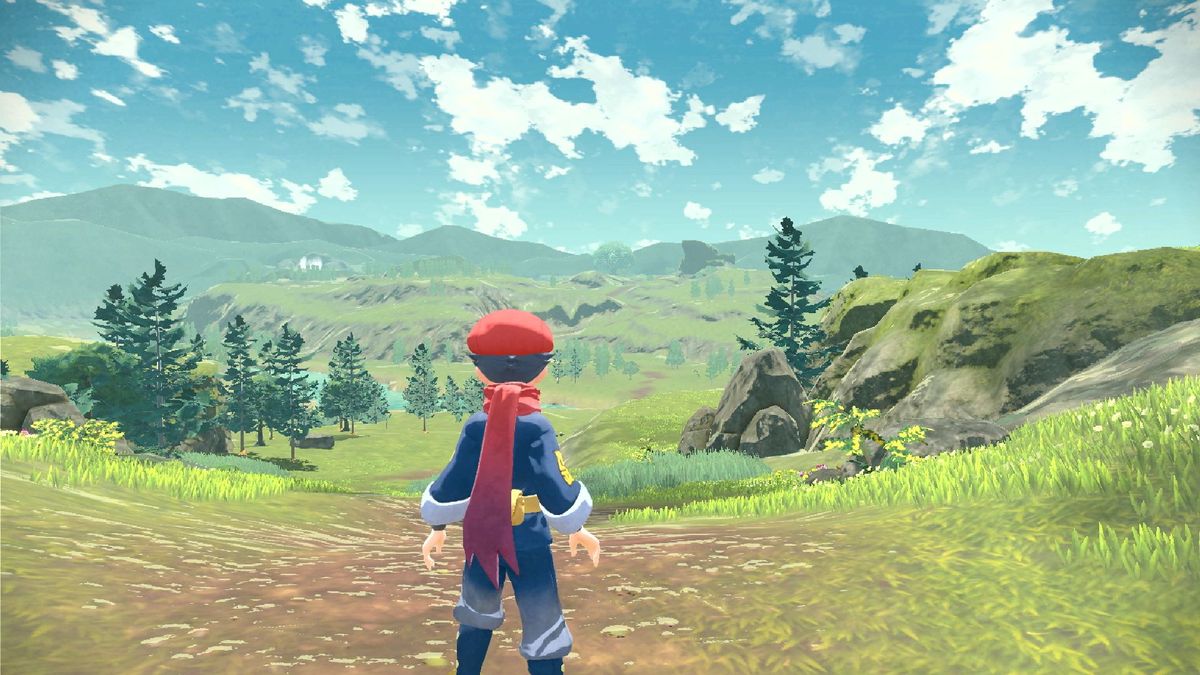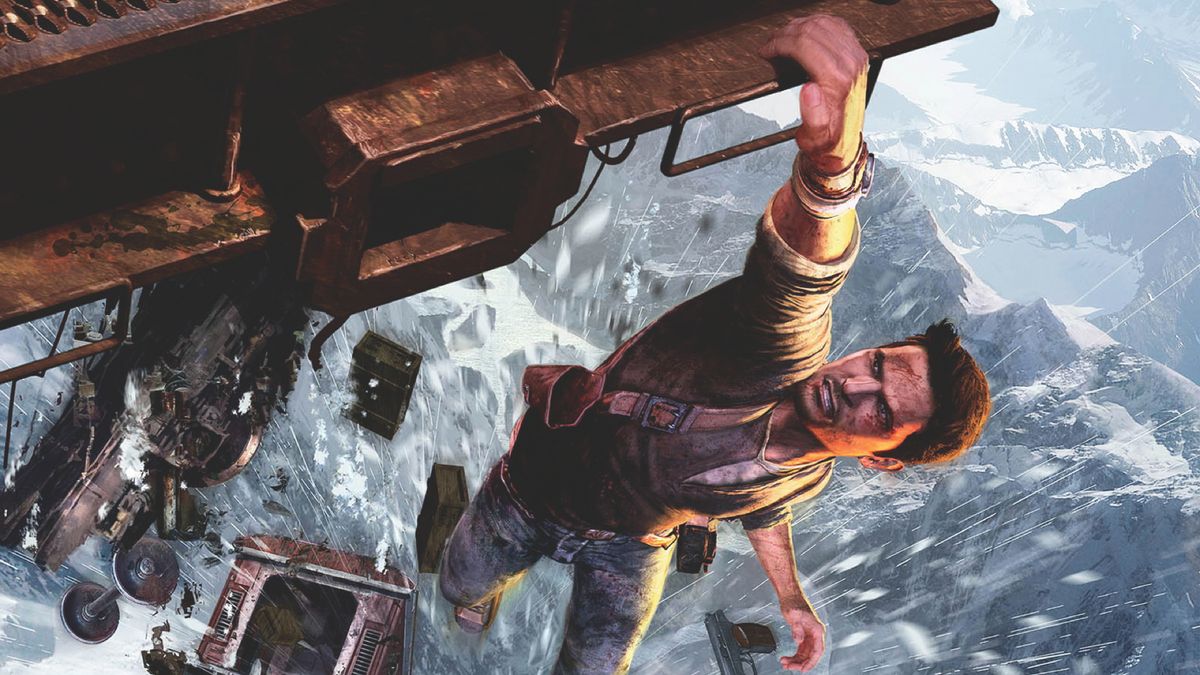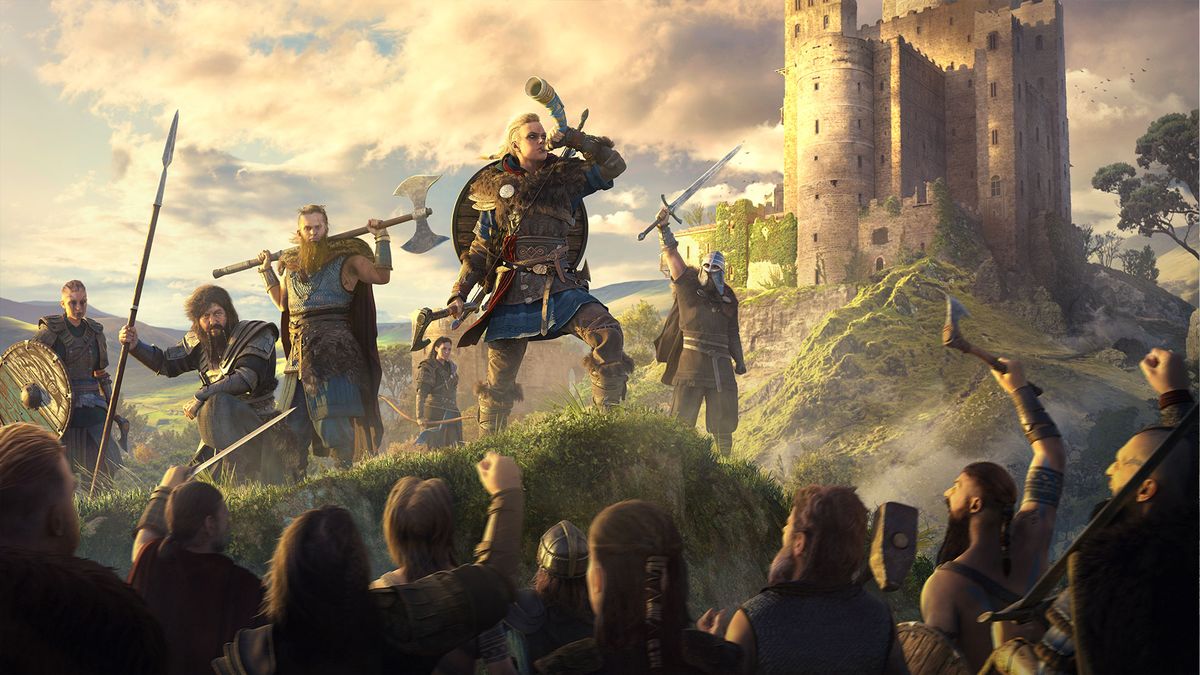The word “epic” is thrown around quite a bit when describing RPGs, and open world fantasy adventure Kingdoms of Amalur: Reckoning is no different. From the big-name creators involved (more on them later) to the class and character customization to the stories and quest system, Reckoning’s intentions are vast and ambitious. Luckily, from what we’ve seen so far, Reckoning may have the stones to turn those big plans into reality.
Reckoning takes place in the world of Amalur, a land where the fates of the people are already set. In this world, everything is planned ahead of time: fortune tellers called “fate readers” tell people how their lives will end. Sounds pretty bleak. However, when you begin Reckoning, your character is already dead – or at least, you were. You awaken upon a pile of corpses and wish only to know who killed you and why you died. You venture to a fate reader who cannot see your fate, probably because most people’s fates pretty much end when they die. As you begin your quest, you’ll hopefully answer the questions as to how/why you were originally killed and maybe start to learn that perhaps fates aren’t preordained after all.
Such an adventure must have an equally ambitious team behind it, and Kingdoms of Amalur has that in spades. For one, Reckoning has Ken Rolston, the man who fronted teams for both Elder Scrolls games, Morrowind and Oblivion. Second, famed fantasy author and New York Times bestselling author R.A. Salvatore is writing the the story and dialogue. Finally, Spawn creator and mastermind behind McFarlane toys, Todd McFarlane is your chief of art direction, pumping his talent into the landscapes and character designs. This juggernaut of raw creative talent exudes itself with a deep class system, dialogue that is better than many RPGs (looking at you Square-Enix) and art that appears as though someone slapped a coat of “serious” on World of Warcraft’s cartoony, colorful-but-cool visuals.

Enough hyperbole. How the hell does it play? Well, the core of Reckoning’s gameplay is an Action RPG with deep questing and leveling systems, almost like Oblivion ate God of War. Our demo began in Rathir, the Dark Elf capital city and the last free city in the game lore. The demoer found a Quest Giver – marked with exclamation points on your mini-map – and accepted a mission to find the man’s missing daughter. Apparently, she ventured off towards the Tywili Coast escorting some refugees through dangerous territory and instead of forming a search party and heading out after her, ol’ Dad was content with offering a small reward to the first stranger who happened to speak to him.
After accepting the quest, the demoer ran towards Culn, a charred remain of a once-thriving village. As the warrior approached a fallen guide – complete with arrows jutting from his course – a slew of nasty-looking soldiers appeared and we were treated with Reckoning’s combat, which lives somewhere between Fable’s rudimentary “one button per weapon” system and a fighting game.

One button dodges (boring, but needed). Another triggers your main melee weapons like daggers, another executes your secondary attack – often using a long-range weapon like our hero’s dual-wielded chakrams (bladed discs) – and a third blasts out magic. Each weapon has a different multi-hit combo that chains smoothly into other attacks, and there are additional special moves as well. For instance, if you hold the button down for a while without taking damage, you’ll typically get a different and better move than if you hammer the button. There are special moves you can execute by fighting well and building up a meter (just like Street Fighter). In addition, each weapon can have elemental effects tied to it, like the ice effects added to our demoer’s daggers. Which, for the record, he actually made himself by breaking unwanted weapons into their pieces and reassembling them.
All of this equates to a dizzying display of murder, as you seamlessly move between magic and combat maneuvers. We saw enemies juggled with multi-hit combos being performed by both the daggers and the Chakrams, lightning attacks raining down on enemies, and a devastating teleport dash, which inflicted poison damage on any enemies the player passed through while intangible. And don’t think you can just mash all of the buttons in order to taste victory. Unless you’re silently sneaking around and stealth-killing everyone (also an option), combat is so strategic that you’ll need to make use of defensive maneuvers like dodges, parries and combo-canceling Delay moves in order to live another day in Amalur.
And with an engaging combat system comes an equally deep character progression system. Rather than you choosing a “Destiny” – Reckoning’s term for character class – right at the start and possibly regretting it a few hours later, Reckoning circumvents this approach by enabling on-the-fly customization. You do choose a Destiny, but you’re never locked totally into it. Rather, the game decides what your Destiny might be as you funnel skill points into three areas; Might, Sorcery and Fitness, unlocking new possible character builds (there are hundreds, apparently) along the way.
For example, when our demoer gave his mage-type character a few more skills from the thief-like Fitness skill tree, it opened a combined sort of mage/rogue Destiny for him to choose. And choosing this class by visiting a fate reader is what changed our boring teleport move into a very cool “teleport and also poison my foe” move. So like the upcoming Skyrim, Amalur crafts your class retroactively, based upon the way you are already playing.
Eventually, our demoer found the missing daughter by traversing a cave system under the ruined town of Culn. She seemed to be holding her own as well, staving off foes with her bow and arrow. She asks our hero to help her by closing three gates through which enemy reinforcements are swarming in. Though she helps in combat, she is nowhere near as effective as the tank of pain your character is. Don’t expect to ever rely on the AI-controlled characters in this game. And if you are, you’re clearly not having fun dismembering all who stand in your way.

All of this translates to Kingdoms of Amalur: Reckoning shaping up to be a jarringly deep, open world Action-RPG experience that just happens to concurrently offer an overwhelming array of options centered around kicking a bad guy’s ass. We’re pumped to play the final product, but the tentative release date of 2012 is heart-breaking – it looks crazy polished already, why do we have to wait so long? Nonetheless, stay tuned for more details on next year’s possible sleeper hit.
May 26, 2011
 Game News Video Games Reviews & News
Game News Video Games Reviews & News



